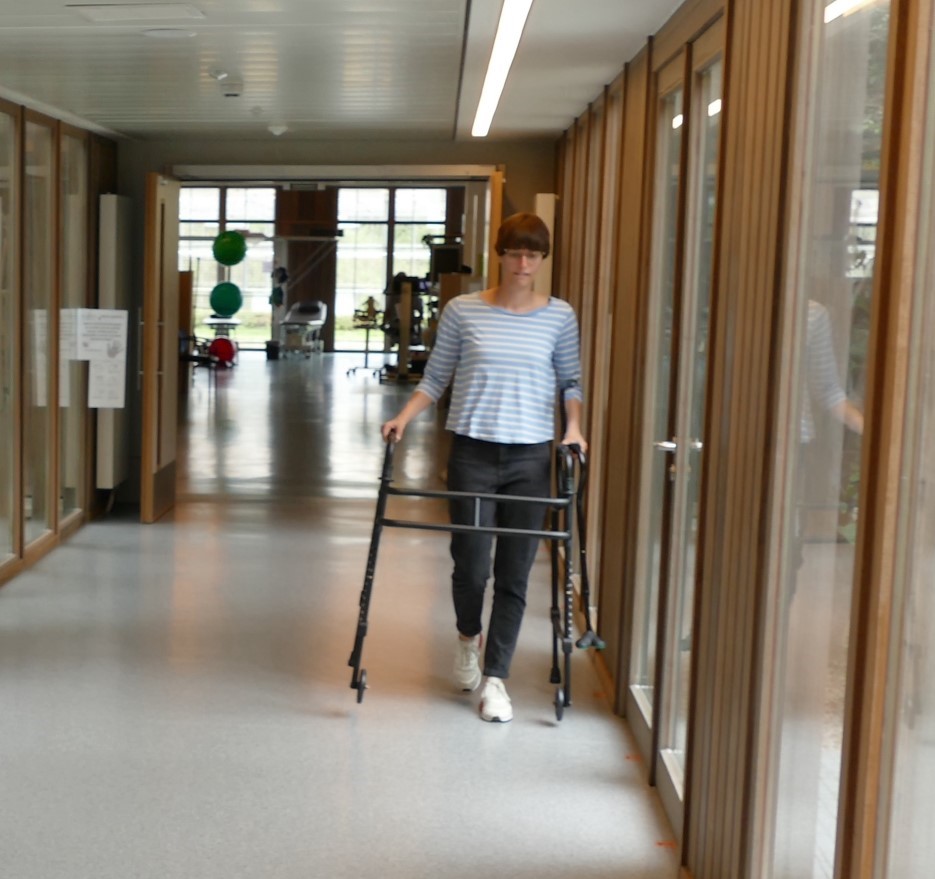Smart devices and Artificial Intelligence (AI) can provide solutions for the high pressure within healthcare today. This project examines mature technology and provides information on how it can be used in practice.
Healthcare faces more and more pressure. Due to a shortage of staff and an increase in the number of people in need of care, healthcare professionals have to help an increasing number of patients per day. As a consequence, they often have too little time per patient. Smart devices and Artificial Intelligence (AI) offer a possible solution here.
In this project we focus on applications of these technologies within rehabilitation.
Although many of these technologies are mature enough to be used in rehabilitation settings, they are still underused – certainly in Flanders.
For whom?
This SAIRE Tetra project of Erasmushogeschool Brussel, Odisee and Vrije Universiteit Brussel is for healthcare professionals and patients as end users. It focuses on the target groups of providers of smart devices, integrators and AI on the one hand and healthcare institutions on the other.
Project objectives?
This project will highlight the possibilities of AI and low-cost smart devices on the basis of concrete cases, provided by the professional field. The transfer of existing technology to the rehabilitation industry will not only open doors for the providers of smart devices, AI and integrators, but can also contribute to the transformation and digitization of the rehabilitation industry.
With the help of a guidance group of more than 20 Flemish companies, residential care centers, hospitals and knowledge centers, these innovative technologies will be applied to three very different application scenarios within the rehabilitation sector:
fine motor skills,
training and rehabilitation of walking,
general positioning and fall detection.
Starting from these application scenario’s, we aim at accelerating the use of smart devices and AI in rehabilitation and healthcare in general.

Brief objectives:
1. Develop a manual that describes:
- which user-friendly, mobile, widely applicable low-cost smart devices can be used to support patients in a rehabilitation setting,
- how existing technologies can be combined, taking into account the needs, requirements and wishes of both the care recipient and the care provider and
- which (existing) AI techniques can be used to accurately and reliably analyze the movement of patients.
2. Demonstrate and accelerate the deployability of AI and smart devices in the rehabilitation sector by developing three different application scenarios, resulting from concrete questions from the professional field. We approach this in two ways:
- inform the healthcare sector and eliminate existing barriers (such as limited knowledge, reliability, acceptance rate).
- translating, combining and validating existing knowledge that enables the technology sector to jointly develop software, hardware and finished products tailored to healthcare institutions.